
Angry facial expressions are a turn-off for most people, but some people find angry expressions so rewarding that they will readily learn ways to encourage them. The findings may explain why some people like to tease each other so much, according to University of Michigan psychologist Oliver Schultheiss, who co-authored the study. “Perhaps teasers are reinforced by that fleeting ‘annoyed look’ on someone else’s face and therefore will continue to heckle that person to get that look again and again,” he said. “As long as it does not stay there for long, it’s not perceived as a threat, but as a reward.”
Schultheiss and co-researcher Michelle Wirth set up an experiment that involved participants working on a “learning task” in which one complex sequence of key-presses was followed by an angry face on the screen, another sequence was followed by a neutral face, and a third sequence was followed by no face. The researchers also took saliva samples from participants to measure testosterone levels, which are associated with dominance motivation.
“An angry facial expression is consciously valued as a very negative signal by almost everyone, yet at a non-conscious level can be like a tasty morsel that some people will vigorously work for,” writes Schultheiss, in Physiology and Behavior. The findings may explain why some people like to tease each other so much, he added.
Wirth said the findings suggest that perceived emotional facial expressions are important signals to help guide human behavior, even if people are not aware of them consciously. “Better learning of a task associated with angry faces indicates that the angry faces were rewarding – [at least] for high-testosterone people. The human brain may have built-in mechanisms to detect and respond to emotions perceived in others, [but] what an emotional facial expression ‘means’ to a given individual can vary.”


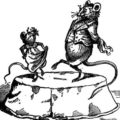





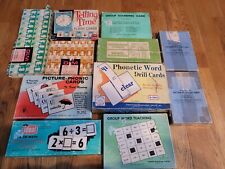
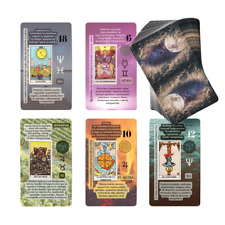


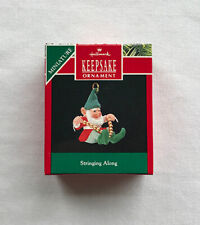



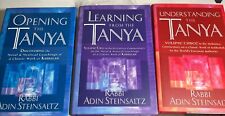
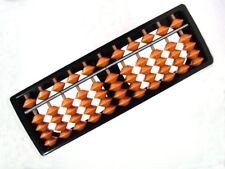
Comments are closed.